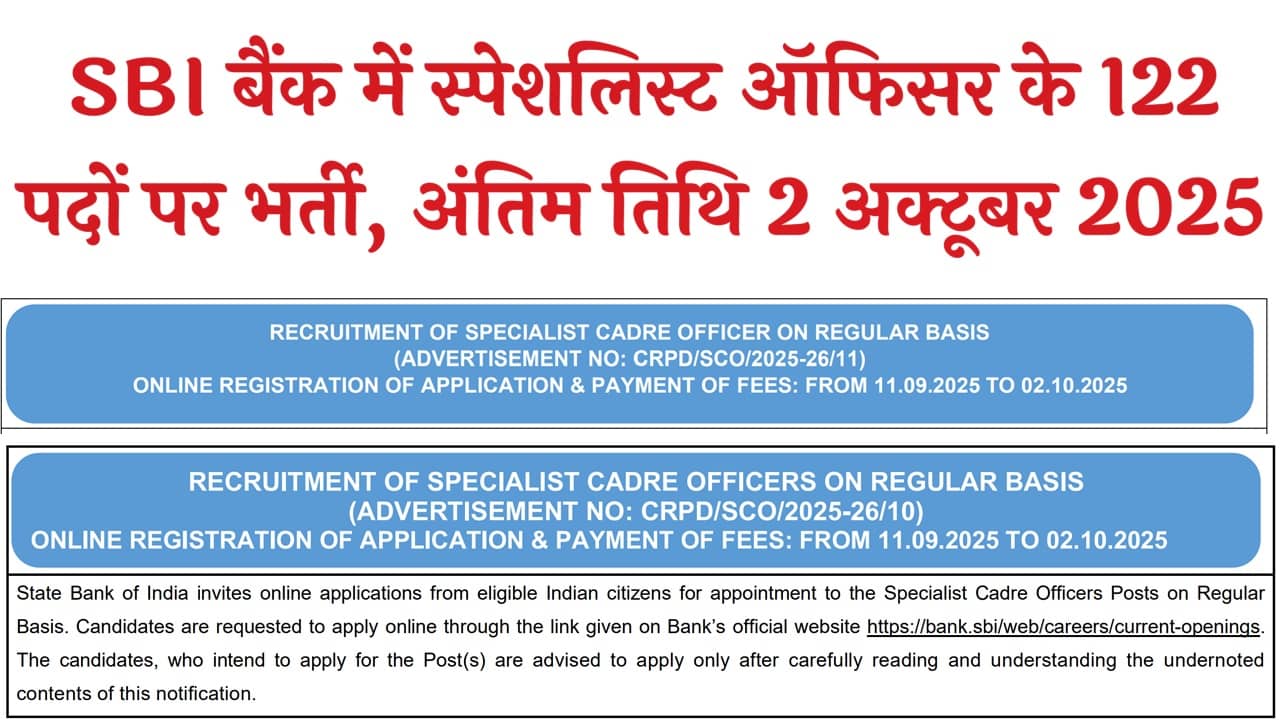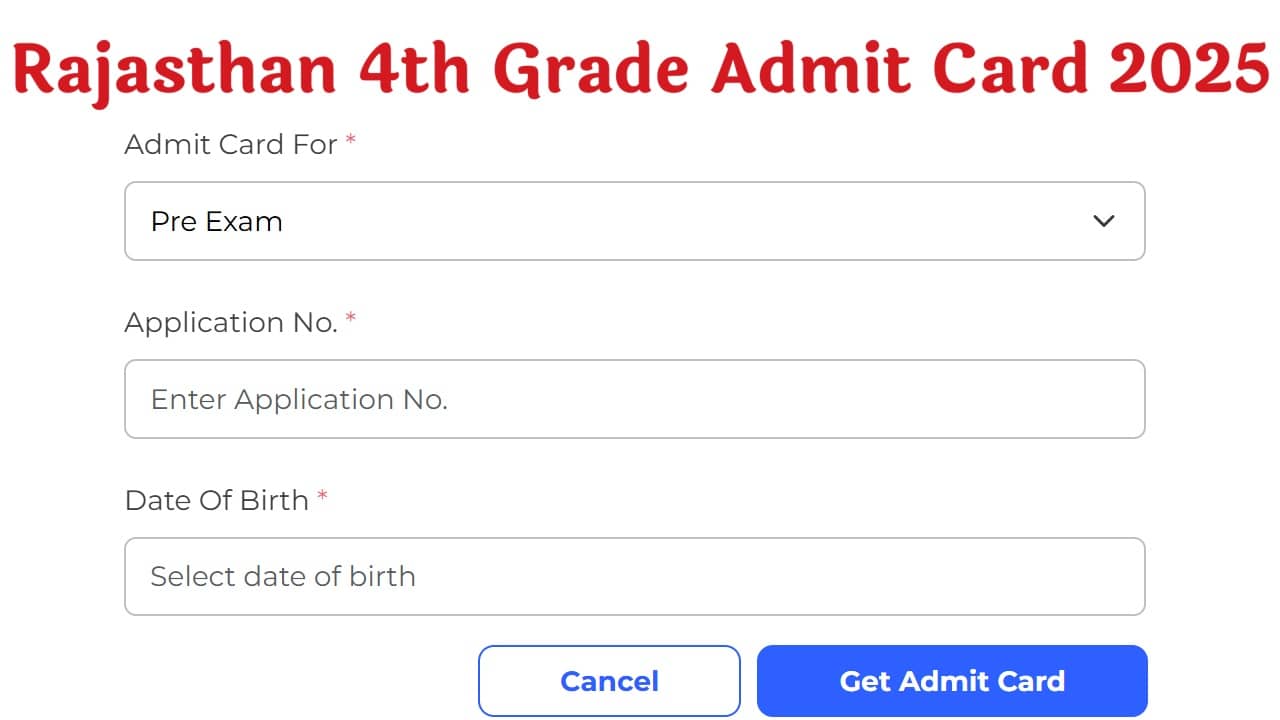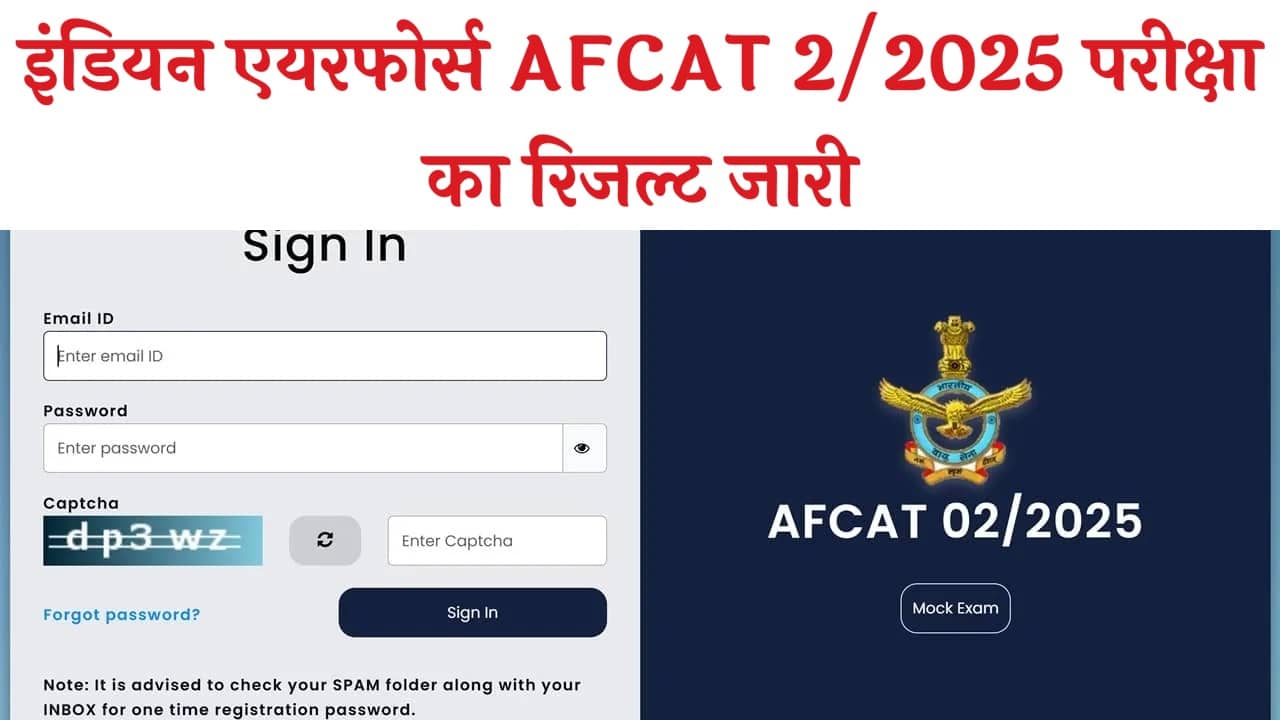Here are 30 multiple-choice questions (MCQs) related to the Constitution of India, covering its historical background, making, salient features, preamble, basic structure, fundamental rights, and directive principles of state policy:
1. Who was the Chairman of the Drafting Committee of the Constitution of India?
a) B.R. Ambedkar
b) Jawaharlal Nehru
c) Rajendra Prasad
d) C. Rajagopalachari
2. The Constitution of India was adopted on which date?
a) 26th January 1949
b) 15th August 1947
c) 26th November 1949
d) 15th January 1950
3. Which of the following is not a feature of the Indian Constitution?
a) Written Constitution
b) Rigid Constitution
c) Federal System of Government
d) Unitary System of Government
4. The Preamble to the Indian Constitution reflects the ideals of which document?
a) The Magna Carta
b) The American Declaration of Independence
c) The French Revolution’s Declaration of the Rights of Man
d) The British Bill of Rights
5. Which of the following is NOT mentioned in the Preamble of the Indian Constitution?
a) Liberty
b) Equality
c) Fraternity
d) Secularism
6. Which part of the Indian Constitution deals with Fundamental Rights?
a) Part I
b) Part II
c) Part III
d) Part IV
7. Which Fundamental Right is considered the heart and soul of the Indian Constitution?
a) Right to Equality
b) Right to Freedom
c) Right against Exploitation
d) Right to Constitutional Remedies
8. How many Fundamental Rights are guaranteed by the Indian Constitution?
a) 6
b) 7
c) 8
d) 9
9. Which Fundamental Right prohibits discrimination on the grounds of religion, race, caste, sex, or place of birth?
a) Right to Equality
b) Right to Freedom of Religion
c) Right against Exploitation
d) Right to Freedom of Speech and Expression
10. Which article of the Indian Constitution deals with the Right to Constitutional Remedies?
a) Article 14
b) Article 19
c) Article 21
d) Article 32
11. The Directive Principles of State Policy are enshrined in which part of the Indian Constitution?
a) Part III
b) Part IV
c) Part IVA
d) Part V
12. Which Fundamental Duty was added to the Indian Constitution by the 42nd Amendment Act, 1976?
a) To abide by the Constitution and respect its ideals
b) To promote the spirit of brotherhood amongst the people
c) To protect and improve the natural environment
d) To develop scientific temper, humanism, and the spirit of inquiry and reform
13. Which amendment to the Indian Constitution made the Right to Education a fundamental right?
a) 86th Amendment
b) 88th Amendment
c) 92nd Amendment
d) 95th Amendment
14. Which article of the Indian Constitution provides for the appointment of the Prime Minister?
a) Article 74
b) Article 75
c) Article 76
d) Article 77
15. Which article of the Indian Constitution deals with the impeachment of the President?
a) Article 52
b) Article 61
c) Article 71
d) Article 76
16. The doctrine of basic structure of the Constitution was propounded by the Supreme Court in which case?
a) Kesavananda Bharati case
b) Golak Nath case
c) Minerva Mills case
d) S.R. Bommai case
17. Which of the following is NOT a feature of the basic structure doctrine?
a) Supremacy of the Constitution
b) Federalism
c) Separation of powers
d) Parliamentary system
18. Who has the power to initiate the process of amendment to the Indian Constitution?
a) President of India
b) Prime Minister of India
c) Parliament of India
d) Supreme Court of India
19. The Indian Constitution is divided into how many schedules?
a) 10
b) 12
c) 14
d) 16
20. Which schedule of the Indian Constitution contains the list of languages recognized by the Constitution?
a) Ninth Schedule
b) Eighth Schedule
c) Tenth Schedule
d) Twelfth Schedule
21. Which amendment to the Indian Constitution introduced the Anti-Defection Law?
a) 52nd Amendment
b) 61st Amendment
c) 73rd Amendment
d) 91st Amendment
22. Which article of the Indian Constitution deals with the formation of new states and alteration of boundaries?
a) Article 1
b) Article 2
c) Article 3
d) Article 4
23. The concept of judicial review is borrowed by the Indian Constitution from which country?
a) United States of America
b) United Kingdom
c) France
d) Australia
24. Which article of the Indian Constitution provides for the creation of a National Judicial Appointments Commission (NJAC)?
a) Article 124A
b) Article 124B
c) Article 124C
d) Article 124D
25. The President of India can be impeached on the grounds of:
a) Violation of the Constitution
b) High crimes and misdemeanors
c) Physical or mental incapacity
d) All of the above
26. Who has the power to appoint the Governor of a state in India?
a) President of India
b) Prime Minister of India
c) Chief Minister of the state
d) Chief Justice of India
27. The Constitution of India declares India to be a:
a) Socialist Republic
b) Democratic Republic
c) Federal Republic
d) Secular Republic
28. Which article of the Indian Constitution guarantees the right to freedom of religion?
a) Article 19
b) Article 21
c) Article 25
d) Article 32
29. Which Fundamental Right can be suspended during a national emergency?
a) Right to Equality
b) Right to Freedom
c) Right against Exploitation
d) Right to Constitutional Remedies
30. The Indian Constitution provides for a bicameral legislature at the federal level, consisting of:
a) Lok Sabha and Rajya Sabha
b) Lok Sabha and Legislative Assembly
c) Rajya Sabha and Legislative Council
d) Lok Sabha and State Legislative Assembly
Here are the answers to the MCQs:
a) B.R. Ambedkar
c) 26th November 1949
d) Unitary System of Government
c) The French Revolution’s Declaration of the Rights of Man
d) Secularism
c) Part III
d) Right to Constitutional Remedies
b) 7
a) Right to Equality
d) Article 32
b) Part IV
c) To protect and improve the natural environment
a) 86th Amendment
b) Article 75
b) Article 61
a) Kesavananda Bharati case
d) Parliamentary system
c) Parliament of India
d) 12
b) Eighth Schedule
a) 52nd Amendment
c) Article 3
a) United States of America
a) Article 124A
d) All of the above
a) President of India
b) Democratic Republic
c) Article 25
b) Right to Freedom
a) Lok Sabha and Rajya Sabha
I hope these answers are helpful. Good luck with your preparation!




